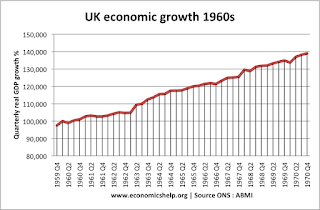General Headlines of the century
The new century hits the calm on the United Kingdom and some issues occures during the start of the 2000s, we colect a brief selection of the most important situations that happens from 2000 to 2005 in the UK and impact in general the public opinion Britain decides not to join the European Single Currency Widespread British unease about the European single currency obliged Prime Minister Tony Blair, who was keen on the project, to stay out. The ' euro ' was launched as an electronic currency used by banks, foreign exchange dealers, big firms and stock markets in 1999. Euro coins first hit the streets of the 12 ' eurozone ' countries on 1 January 2002. Global stock markets tumble as the 'dotcom bubble' bursts The late 1990s saw a profusion of start-up companies selling products or services either using or related to the internet . At this moment UK was a most influential State in the field of internet and technology, the boom of this bubble cause a ...
